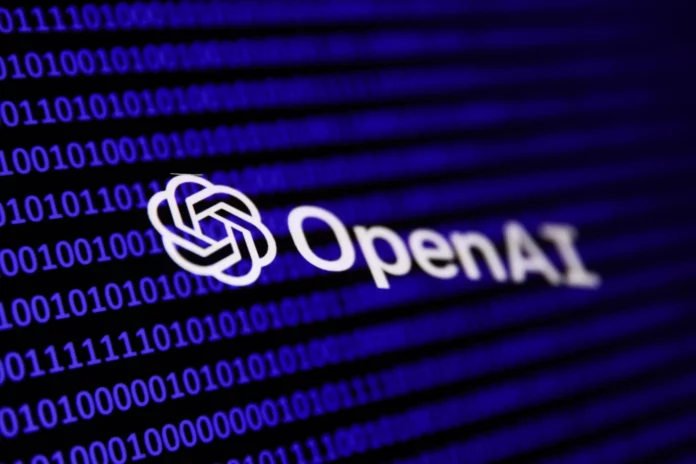OpenAI announced on Tuesday the launch of two open-weight AI reasoning models that have similar capabilities to its o-series models. Both models are freely available for download from the Hugging Face online developer platform, the company said, describing them as “state-of-the-art” across several criteria for comparing open models.
The models are available in two sizes: the larger and more powerful gpt-oss-120b, which can run on a single Nvidia GPU, and the lighter gpt-oss-20b, which can run on a consumer laptop with 16GB of memory.
The launch is OpenAI’s first “open” language model since GPT-2, which was released more than five years ago.
At the briefing, OpenAI said that its open models will be able to send complex queries to artificial intelligence models in the cloud, as previously reported by TechCrunch. This means that if an OpenAI open model is unable to perform a certain task, such as image processing, developers can connect the open model to one of the company’s more powerful closed models.
Although OpenAI created open-source AI models in the early days, the company has generally favored a proprietary approach to closed-source development. The latter strategy helped OpenAI build a large business by selling access to its AI models through APIs to enterprises and developers.
However, CEO Sam Altman said in January that he believes OpenAI is “on the wrong side of history” when it comes to open sourcing its technology. Today, the company faces growing pressure from Chinese AI labs, including DeepSeek, Alibaba’s Qwen, and Moonshot AI, which have developed some of the world’s most powerful and popular open source models. (While Meta used to dominate the open source AI space, the company’s Llama AI models have fallen behind over the past year.)
In July, the Trump administration also called on U.S. AI developers to open up more technologies to promote global AI adoption in line with American values.
With the release of gpt-oss, OpenAI hopes to win the favor of both developers and the Trump administration, which has seen Chinese AI labs become leaders in open source.
“Going back to how we started in 2015, OpenAI’s mission is to provide AI that benefits all of humanity,” Altman said in a statement provided to TechCrunch. “To that end, we’re thrilled that the world is building on an open AI stack built in the United States, founded on democratic values, available to all for free, and of great benefit to all.”









